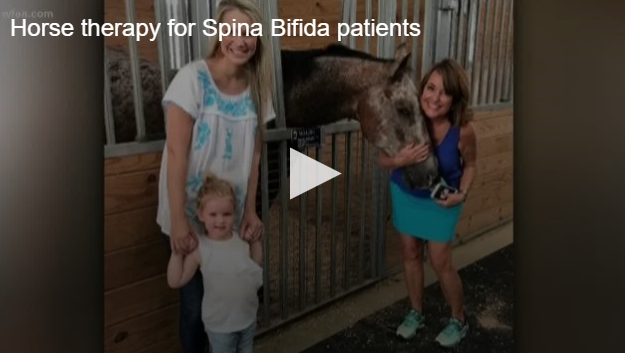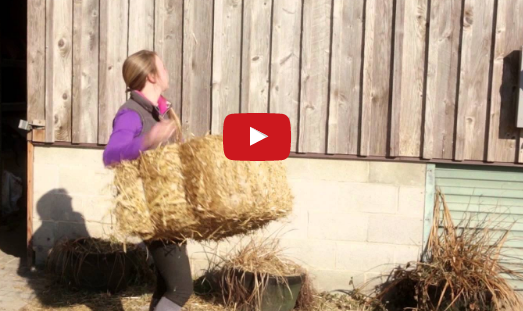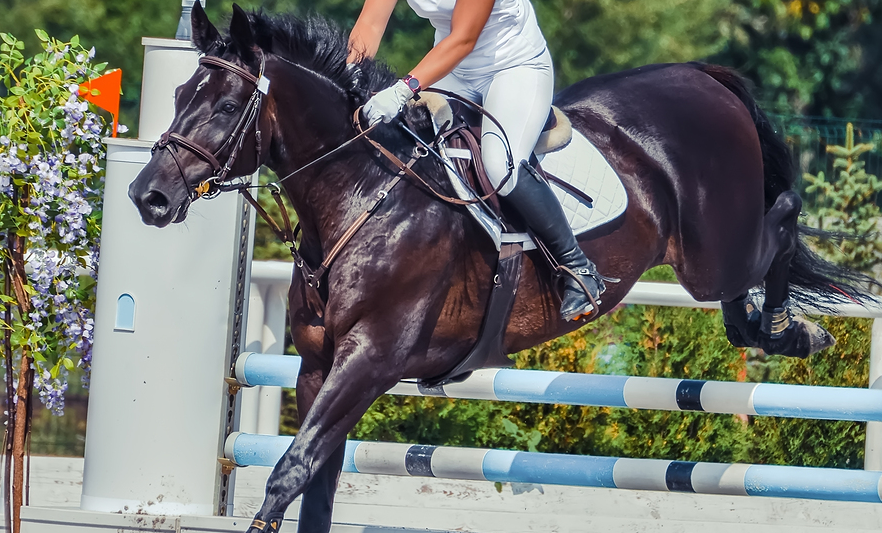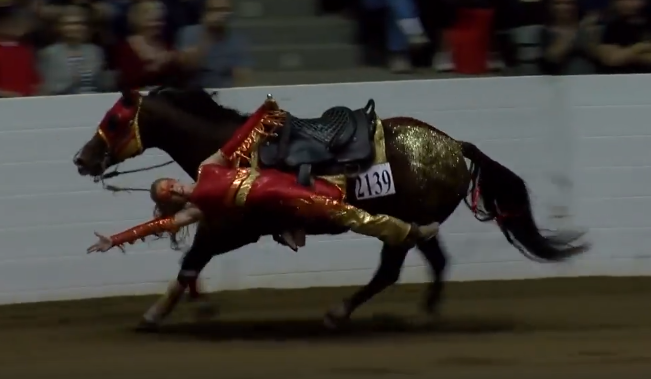10 Facts About Equine Ulcers Every Horse Owner Should Know
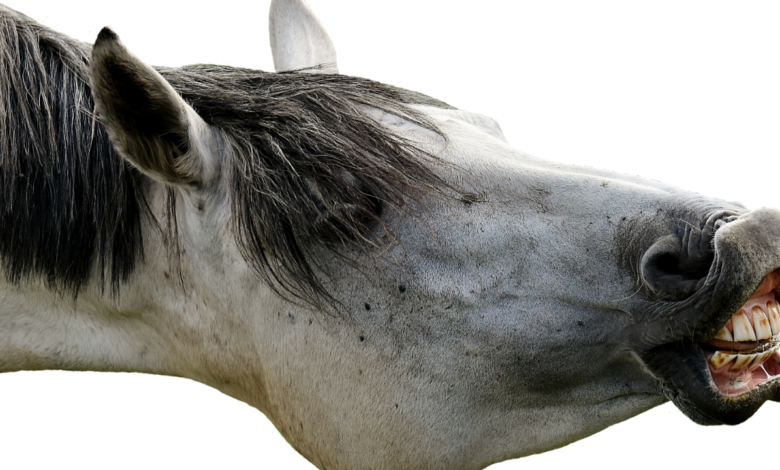
As a horse owner, you want the best for your equine companion. One issue that you may have heard of is equine ulcers. These are open sores that develop in the horse’s stomach or hindgut. But what exactly are equine ulcers, and what causes them? Here are 10 important facts that every horse owner should know:
- Equine ulcers are common in horses. According to studies, it’s estimated that between 60 to 90% of horses may have gastric ulcers. This number is even higher in performance horses.
- Stress can be a major factor in the development of equine ulcers. Horses that are subjected to stress, such as traveling, competition, or changes in their environment, are more susceptible to developing ulcers.
- Feeding practices can also contribute to equine ulcers. Horses that are fed infrequently or on high-concentrate diets are at a higher risk for developing gastric ulcers.
- Symptoms of equine ulcers can vary. Common signs of equine ulcers include poor appetite, weight loss, dull coat, and changes in behavior, such as increased aggression or irritability.
- Treatment of equine ulcers involves medication. Most cases of equine ulcers can be treated with medication, such as omeprazole. However, it’s important to consult with your veterinarian for an accurate diagnosis and treatment plan. If you’d rather go the holistic route or a combination of both medication and natural support please consider supporting us on our new Patreon page! https://www.patreon.com/horseaholic
- Prevention is key. To prevent equine ulcers, it’s important to reduce stress and maintain a consistent feeding schedule. Grazing or feeding small amounts of hay throughout the day can also help.
- Ulcers can occur in the hindgut as well. While gastric ulcers are more commonly discussed, horses can also develop ulcers in their hindgut. These can cause similar symptoms to gastric ulcers, but may require different treatment.
- Exercise can help prevent equine ulcers. Regular exercise and turnout can help reduce stress and prevent the development of ulcers.
- Not all ulcers are visible during an endoscopy. While endoscopy is a common method for diagnosing ulcers, not all ulcers may be visible during the procedure.
- Ulcers can have long-term effects on a horse’s health. Untreated ulcers can lead to chronic health problems, such as weight loss, colic, and decreased performance.
According to a study published in the Journal of Veterinary Internal Medicine, the prevalence of gastric ulcers in performance horses is estimated to be as high as 90%. Another study found that up to 70% of racehorses may develop gastric ulcers during their career. Article Sources: aaep.org, doi.org, aaep.org, thehorse.com, merckvetmanuel.com, veterinarypartner.vin.com, worldhorsewelfare.com
It’s crazy to think that so many horses are silently or not so silently suffering from horses. I feel like if more people knew how common they were, they’d be more likely to help these horses. Prevention and early detection are definitely key to helping these horses. If you liked this article please show your support by sharing it on Facebook!

